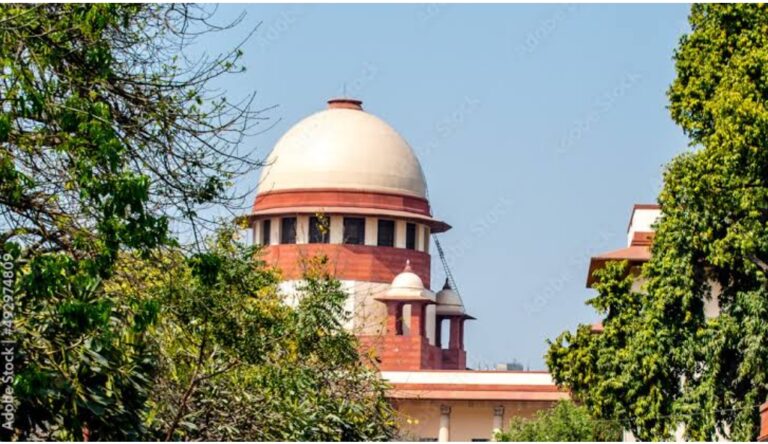In a landmark development, the Supreme Court of India has reaffirmed its stance on allowing Input Tax Credit (ITC) for commercial real estate developers on construction expenses for properties intended for lease. On May 20, 2025, a two-judge bench comprising Justices Abhay S. Oka and Sanjay Karol dismissed the Finance Ministry’s review petition challenging the Court’s earlier decision in the Safari Retreats Pvt. Ltd. case.
The Supreme Court ruled that there was no evident error in its original judgement dated October 3, 2024, which had allowed Safari Retreats to claim ITC for the construction of shopping malls intended for leasing. The Court also accepted the delay in filing the review petition, stating that it was done in the interest of justice, but ultimately rejected the petition on merits.
Background of the Safari Retreats Case
The legal battle began when Safari Retreats Private Limited, a company engaged in developing and leasing shopping malls, claimed ITC on goods and services used during construction. Tax authorities denied the claim, citing Section 17(5)(d) of the Central Goods and Services Tax (CGST) Act, which restricts ITC on immovable property construction. However, the Supreme Court, in October 2024, ruled in favor of the company, clarifying that ITC should be allowed when the constructed property is used for business activities such as leasing—not for personal use.
The Court’s interpretation emphasized the distinction between personal and business use of immovable property, setting a significant precedent in GST jurisprudence.
Finance Ministry’s Response Through Budget 2025
In response to the Supreme Court’s pro-business verdict, the Union Government introduced a crucial amendment in the Union Budget 2025, presented on February 1, 2025. Through the Finance Bill, the government modified Section 17(5)(d) of the CGST Act, replacing the phrase “plant or machinery” with “plant and machinery.” This amendment, retrospectively effective from July 1, 2017, aims to block ITC claims on construction costs for buildings intended for lease, thereby neutralizing the impact of the Court’s decision in the Safari Retreats case.
Impact on Commercial Real Estate Sector
The Supreme Court’s final dismissal of the review petition provides short-term relief for developers engaged in leasing commercial spaces. However, the retrospective legislative amendment may limit the practical benefit of the ruling going forward. Businesses involved in commercial leasing must now carefully evaluate their ITC claims in light of the updated legal framework.
Conclusion
The Safari Retreats case marks a significant chapter in India’s indirect tax regime. While the Supreme Court has upheld the right to claim ITC on leased commercial properties, the Finance Ministry’s legislative intervention underscores the evolving nature of GST law. Taxpayers and industry stakeholders should remain vigilant and consult professionals to navigate this complex and dynamic area of tax compliance.
